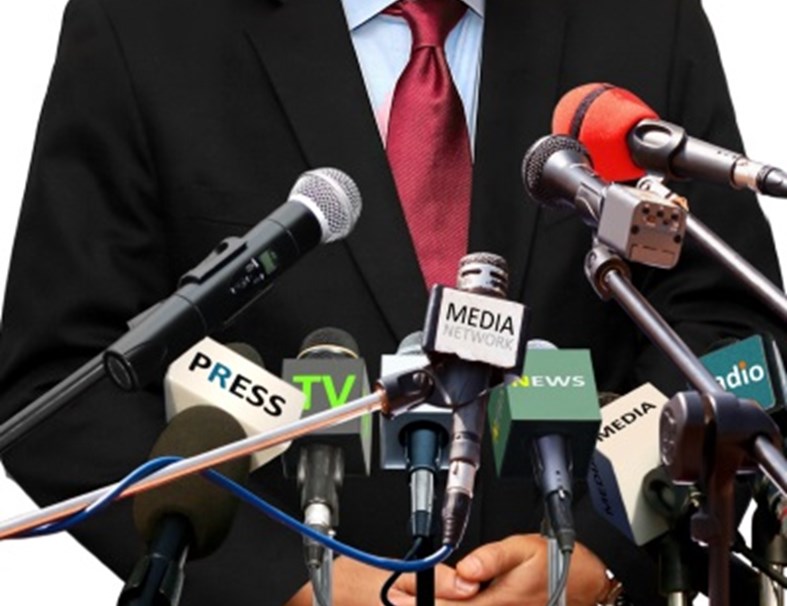You’ve staggered through a PR crisis that gripped the world and made all the right noises about reform.
There’s an ongoing advertising assault – TV, digital, print and billboard – as you try to rebuild your reputation. It makes all the right noises, too.
Then what do you do? You tell detectives they can’t have the information you hold on a murder suspect. What’s that bang? That’s your crisis communications strategy exploding …
Welcome, once again, to the weird world of Facebook, where its power over personal data is apparently more important than finding the killer of a 13-year-old girl.
I’d equate what’s going on to the way that journalists are obliged under their Code of Practice to protect confidential sources – except in specific cases, which include detecting or disclosing a crime. One set of moral obligations trumps another.
Harvesting data
Facebook’s crisis PR in the wake of the Cambridge Analytica scandal is a perfect example of saying one thing and doing another. Facebook says it cares about you, about society. Then it won’t help the police.
It pledged to change after it emerged it had allowed the harvesting of millions of users’ data, which was then use to influence the Brexit vote and the US presidential election.
Facebook apologised and made touchy-feely comments about changing in its crisis PR response. But from Mark Zuckerberg's robotic US Senate committee appearance through to those self-flagellating adverts, is anyone convinced Facebook is anything more than a money-making machine saying what it thinks people want to hear?
Those ads back in April said: “Facebook will do more to keep you safe and protect your privacy.” You can safely say people are more concerned about safety than their data. Is telling people of interest to the police that “you’re safe with us” the message Facebook wants to be sending out?
Now, I like Facebook. It’s great for keeping up to date with friends and it’s a fantastic marketing tool for brands. It’s a brilliant place for seeing news you wouldn’t otherwise see, real or fake. But do I trust it just because it says I can? No, it has to prove to me that it’s trustworthy after recent events.
Changing an image
Crisis PR is about more than just saying; it's doing, demonstrating genuine values and changing an image that way. The Cambridge Analytica scandal put Facebook on the side of the bad guys. And its actions over the case of 13-year-old Lucy McHugh make it appear as if it’s not interested doing the real right thing.
The company has said it won’t give Hampshire Police access to the account of the prime suspect in Lucy’s killing. He is in jail after refusing to hand over his passwords, a crime under the Regulation of Investigatory Powers Act
Detectives have been forced to apply to the US justice department, which could take months. Facebook may say its hands are tied, that it has to protect people’s data. Others may argue that if Facebook give sensitive information to police once, it sets a precedent for forces in less liberal countries.
Hiding behind spurious legal arguments and data protection policies doesn't cut it. If Facebook wanted to hand over access, it would find a way to do it. There is always someone who can overrule policy and say: “Come at us, sue us, prove we’re wrong.” That’s a tactic we’ve used with repeated success as a crisis communications strategy.
Facebook, to be fair, finds itself stuck between a rock and a hard place. Giving up that data is the wrong thing, while not giving up that data is also wrong. But which is the lesser of the two evils?
Rebuild reputation
If Facebook wants to be our friend, we have to be able to trust it to do the right thing – and that can’t always mean abiding by its data protection policy.
So what should Facebook do to rebuild its reputation? Simply avoid weasel words and take real action. It should change its internal processes not just to protect data, but to protect people, as it said it would. Only then will it be out of crisis management mode.
Crisis management does not begin and end with the moment of crisis, it extends through every action taken to rebuild a reputation. Facebook was still rebuilding its reputation when its motives once again came into question.
We might be edging closer to trusting Facebook with our data, but do we trust Facebook? The fact I’m asking the question shows this crisis is far from over.
For help and advice call our crisis management experts now on 0800 612 9890.


